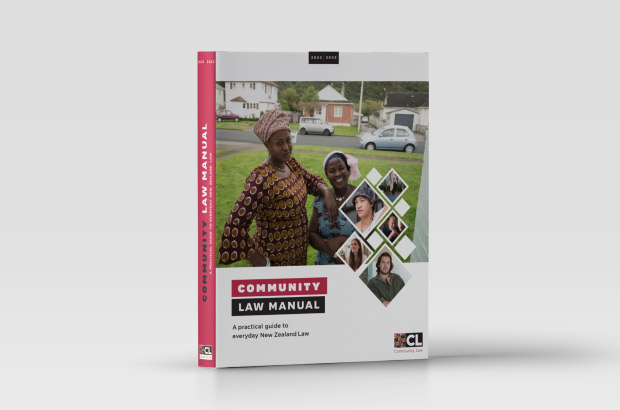DNA samples: When you have to give a sample
When you’re a suspect: Police need a court order
If you’re a suspect in a police investigation and the police ask you for a DNA sample, you don’t have to give it to them. However, if you refuse, the police can apply to a judge for a court order requiring you to give the sample (a “compulsion order”).
What is a compulsion order and when can the police get one?
Criminal Investigations (Bodily Samples) Act 1995, s 13
A compulsion order is a court order that legally requires you to give the police a DNA sample.
The police can apply to a judge for a compulsion order sample if they have good reason to suspect you’ve committed a criminal offence for which you could be imprisoned, and you’ve refused to give them a sample. Only senior police officers can apply for these orders (an Inspector or higher).
The police have to send you a notice telling you they’ve applied for the order. You then have the right to go to court and argue against their application for the compulsion order; you can bring witnesses and evidence in your support if you want.
How will the judge decide whether to order a sample?
Criminal Investigations (Bodily Samples) Act 1995, s 16
Cases: [1994] 3 NZLR 450 (CA); High Court, Christchurch, M48/01, 15 Mar 2001 – High Court, Invercargill, CRI-2007-425-26, 19 Nov 2007
- First, the police must have reasonable grounds (“good cause”) to suspect you of the crime in the first place. This doesn’t mean the judge has to able to decide that you did in fact commit the crime or that there aren’t other possible explanations – there just have to be reasonable grounds for a reasonable person to suspect you of the crime. On the other hand, there needs to be something more than just a possibility that you committed the crime: it has to be likely that you did it.
- Second, the police must have found some DNA at the crime scene and they must have a reasonable belief that this DNA came from whoever it was that committed the crime. It’s not enough that they just suspect or are speculating that the DNA came from the offender. For example, in one case the judge refused to make the compulsion order because the police hadn’t met this “reasonable belief” test. The police had found cigarette butts at the crime scene and wanted to check their suspect’s DNA against the DNA on the cigarettes, but the judge noted that the cigarette butts could have been dropped by passers-by. A judge might also refuse to make a compulsion order if other people have, or might have, handled the evidence since the crime was committed – for example, if the police didn’t seize the evidence until days after the crime was committed.
What happens if the judge makes a compulsion order?
Criminal Investigations (Bodily Samples) Act 1995, s 16
If the District Court judge orders you to give the police a DNA sample, the order will say when and where you have to go to give the sample. You can take a lawyer or a support person with you.
Special rules about young people and compulsion orders
Criminal Investigations (Bodily Samples) Act 1995, ss 18, 21
If you’re under 18, there are some additional rules about when a judge can order you to give the police a DNA sample and about the process for this:
- The type of offence – The criminal offence that you’re suspected of must be one that you could legally be charged with at your particular age (see youthlaw.co.nz for more information).
- Notice to your parents – Your parents have to be given a copy of the application.
- Who can go to the court hearing – The following people can go to court and give evidence to oppose any compulsion order being made: you; your lawyer (if you don’t have your own lawyer, the judge will appoint one for you); a non-lawyer with mana or standing in your community who’s been appointed by the Youth Court to give you support (called a “lay advocate”); your parents and their lawyer; and anyone else who gets the judge’s permission to be there.


